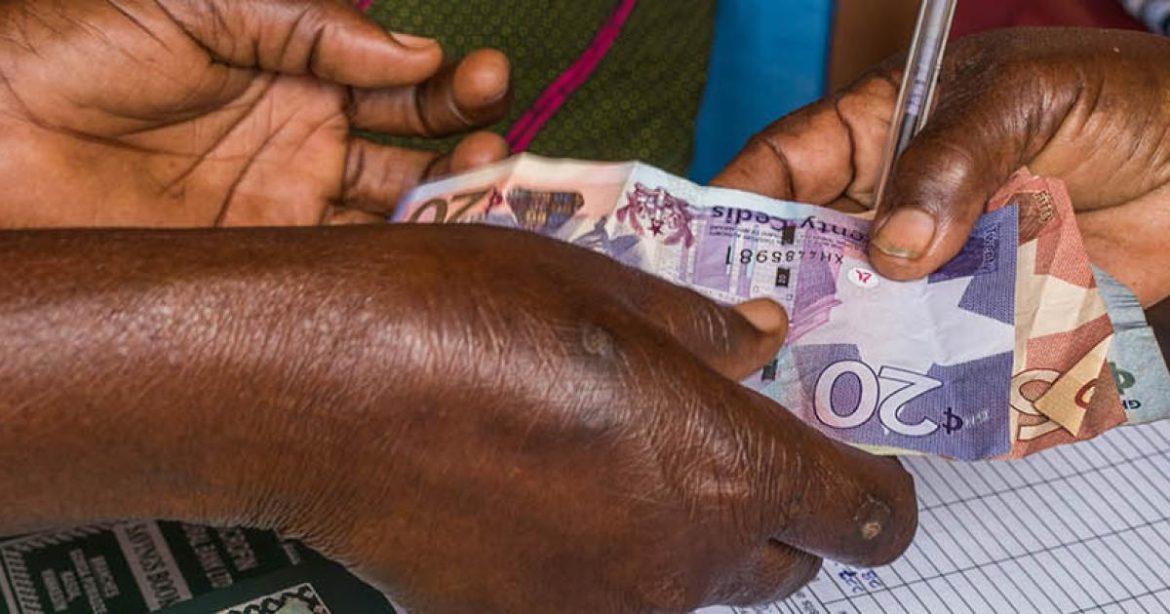In Ghana, “SUSU” has been a cornerstone of personal finance for generations. Rooted in tradition and community, this informal savings system remains relevant, offering Ghanaians a practical way to save and access funds. Whether you’re new to SUSU or looking to explore its benefits, this guide will help you understand its importance in Ghana’s financial landscape.
What is SUSU?
SUSU is a traditional savings system where individuals contribute a fixed amount of money regularly to a collective fund. Depending on the type of SUSU arrangement, participants may take turns accessing the fund or receive their savings at the end of a period.
SUSU thrives on trust, discipline, and community, making it an effective tool for people with limited access to formal financial services.
Types of SUSU in Ghana
1. Rotational Savings (Traditional SUSU)
- Members of a group contribute a fixed amount periodically (daily, weekly, or monthly).
- The pooled amount is given to one member each cycle, rotating until everyone has received their share.
2. Individual SUSU Savings
- Managed by a SUSU collector, individuals save a fixed amount daily or weekly.
- At the end of the agreed period, the collector returns the savings minus a small fee.
3. Digital SUSU
- Modern SUSU apps or mobile platforms automate contributions and payouts.
- Examples include savings tools integrated into mobile money platforms.
Why is SUSU Popular in Ghana?
1. Accessibility
SUSU is widespread, especially in rural and informal sectors where access to banks is limited.
2. Simplicity
The system is straightforward and doesn’t require complex paperwork or credit checks.
3. Community Support
SUSU fosters mutual trust and support, enabling individuals to meet their financial goals collaboratively.
4. Flexibility
With no rigid rules, SUSU arrangements can be customized to suit the group’s needs, such as frequency of contributions and payout order.
Benefits of SUSU
1. Promotes Savings Discipline
SUSU encourages consistent savings habits, especially for those who struggle to save on their own.
2. Access to Lump Sums
Participants can access a lump sum of money when it’s their turn, useful for emergencies or significant purchases.
3. Financial Inclusion
For individuals without access to formal banking, SUSU provides a viable savings alternative.
4. Builds Social Networks
Participation strengthens bonds among members and fosters a sense of community.
Challenges of SUSU
1. Lack of Regulation
SUSU operates informally, so there’s limited recourse if a member defaults or a collector absconds with funds.
2. No Interest Earned
Unlike savings accounts or investments, SUSU contributions don’t accrue interest.
3. Dependency on Trust
Success depends on the integrity and reliability of members or collectors.
4. Limited Security
Funds are not insured, so there’s a risk of loss in case of theft or fraud.
Tips for Participating in SUSU
1. Choose the Right Group or Collector
- Join a group with trusted members or a reputable collector.
- Conduct due diligence before committing to any SUSU arrangement.
2. Define Clear Terms
- Agree on the contribution amount, frequency, and payout order.
- Ensure all members understand and adhere to the rules.
3. Combine SUSU with Formal Savings
- Use SUSU for short-term goals while maintaining a formal savings or investment account for long-term growth.
4. Leverage Digital SUSU Platforms
- Explore tech-enabled SUSU solutions for convenience and added transparency.
How SUSU Fits into Ghana’s Personal Finance Culture
In Ghana, SUSU is more than a financial tool; it’s a cultural practice rooted in communal trust and cooperation. It enables individuals to achieve financial goals, fund businesses, and handle emergencies without reliance on formal institutions.
In today’s evolving financial landscape, SUSU complements modern savings and investment products, offering a bridge between traditional practices and contemporary solutions.
Conclusion
SUSU remains an integral part of Ghana’s personal finance culture, providing a practical, community-based solution for saving and accessing funds. While it has limitations, its simplicity, accessibility, and adaptability make it a valuable tool for many Ghanaians.
Whether you’re a seasoned participant or considering joining your first SUSU group, understanding its dynamics can help you make the most of this traditional savings system.
Have you participated in SUSU before? Share your experiences and insights in the comments below!

